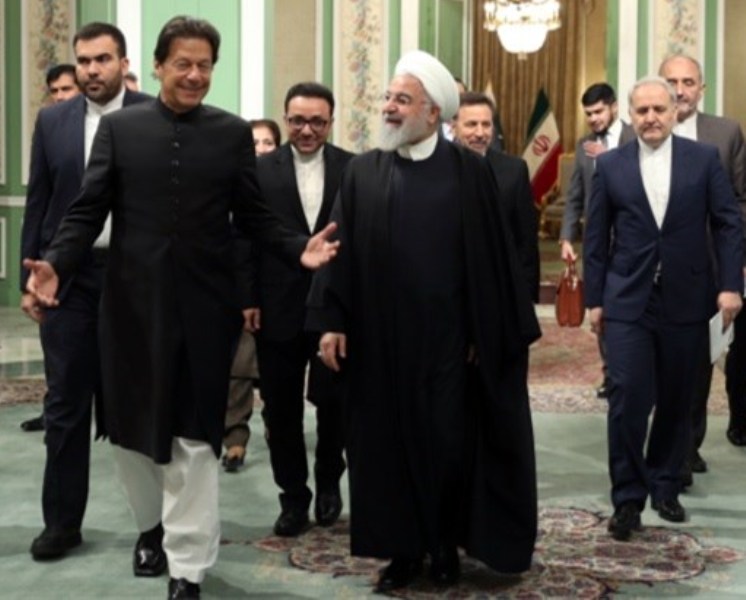
Jawad Kamal in his article published in ‘Daily Times’ said Pakistan has to diversify its energy options, and not merely depend on a single source.
He said it is a well-documented fact that both countries not only share a 950-kilometre border but also similar ideological and religious beliefs.
“If we check the annals of history it is easy to see that Iran was the first country that had given recognition to Pakistan’s sovereignty,” he said.
“It is evident that Pakistan and Iran are tied in a bond of brotherhood, religion and similar ideologies, said the expert.
Prime Minister Imran Khan’s maiden visit to Iran is the positive move during which Khan met with President Hassan Rouhani and the Supreme Leader Ayatollah Ali Khamenei, and discussed numerous issues of serious nature.
Jawad Kamal added terrorism is a major concern of both the countries, and therefore both the states have agreed to establish a mutual rapid reaction force.
“Secondly, trade is the touchstone behind the progress of any developing nation, and in this scenario the two premiers agreed to remove barriers and facilitate business activities among the people,” noted analyst.
He said Pakistan is one of the energy-dependent countries in South Asia, and is dependent upon other countries, especially Saudi Arabia to meet its requirements.
“Pakistan has to diversify its options, and not merely depend on a single source,” said the analyst.
He went on to say Iran has also agreed to provide 1000-3000 MW of electricity to Pakistan’s border region.
“The Iran-Pakistan gas pipeline holds a vanguard position in this regard, and can be instrumental to meet Pakistan’s gas requirements and provide ample economic opportunities,” said the expert.
The analyst lastly, CPEC contains the seeds of transformation, and can help to cement the damaged relations between Pakistan and Iran.
272**1424
Follow us on Twitter @IrnaEnglish
 solhkhabar | Peace International News Agency Peace International News Agency , Peace News , International Agency News of Peace
solhkhabar | Peace International News Agency Peace International News Agency , Peace News , International Agency News of Peace